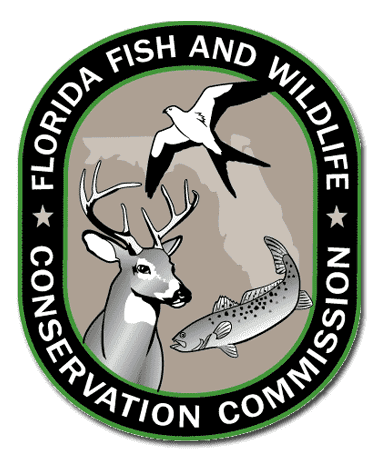Anglers Can Help Florida FWC Catch Data on Red Snapper, Other Reef Fish

By filling out a survey card or making a phone call, anglers can provide Florida Fish and Wildlife Conservation Commission (FWC) biologists valuable information about red snapper and other reef fish.
Biologists distribute survey cards year-round to anglers at public areas, including boat ramps, fishing piers and marinas along the Gulf coast of Florida, to gather information about fishing trips targeting red snapper.
This information includes where a red snapper is caught and released, the type of fishing equipment used, the size of the fish and its condition when released. Fisheries researchers and managers use the data from these reported catch-and-release trips to assess the status of this important recreational fishery.
Anyone fishing for red snapper in Florida, or anglers who reel one in at any time of year, can also request a postage-paid survey card in the mail by emailing their name and address to FishStats@MyFWC.com. To download a data sheet, visit MyFWC.com/Research/Saltwater, click on “Recreational Fisheries” and select the article “FWC Enlists Anglers to Assist Reef Fish Studies.”
Another way for anglers to help researchers is with a quick phone call to report reeling in a tagged reef fish. FWC biologists have been tagging and releasing reef fish such as snapper and grouper in the Gulf of Mexico since 2009 to evaluate fish survival after recreational anglers catch and release these species. The yellow or orange tags are near the dorsal fin of the fish, and each tag has a unique number printed on the side.
FWC researchers ask anglers to report tagged fish to the Angler Tag Return Hotline at 800-367-4461. When calling the hotline, anglers should indicate the species, tag number, date and time of capture, catch location, fish length, type of bait used and whether the fish was kept or released.
If the fish is released, the angler should leave the tag in place. With every report of a tagged fish, researchers gain a better understanding of the rate of survival after these fish are released.
Anglers receive free T-shirts for reporting a fish tagged as part of this project.
For more information on recreational fisheries research and to find other ways to help, visit MyFWC.com/Research/Saltwater and click on “Recreational Fisheries.”

